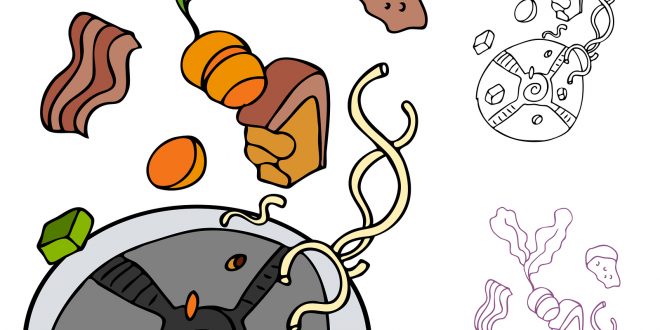It’s a debate that’s been going on for decades – are garbage disposals helping or hurting the environment? The question isn’t an easy one to answer, but there are several variables that need to be considered.
How Garbage Disposals Benefit the Environment
One thing that is clear: tossing your leftovers in the garbage disposal is better than tossing it in the trash.
There’s no denying that disposals help reduce the amount of trash that winds up in landfills. Instead of being tossed in the trash, the humble garbage disposal grinds up the food into tiny bits that can be sent down the drain to be treated at a wastewater facility. In an instant, disposals remove food waste and keep smells from hanging around the house until garbage day.
Of course, to be effective, the disposal must be used properly. Unless you want to call Roto-Rooter every other month to fix your disposal, you need to ensure that you only put appropriate food items down the disposal. Fibrous foods, fruit pits, potato peels, grease and bones should never be put down the disposal.
Garbage disposals are the next best thing when you don’t have a way to compost your waste.
The appliance helps reduce waste in landfills, but there are concerns.
How Garbage Disposals May Harm the Environment
One of the primary concerns of using garbage disposals is that it puts excess strain on local wastewater treatment centers. All of the food solids in the wastewater must be filtered out. Those solids are used to create fertilizer or are sent to landfills. While the waste can be straining on some systems, most treatment systems are designed to handle most of your food scraps.
However, if your city is low on water, you may want to avoid using your disposal.
Ultimately, the waste from your disposal will still have environmental costs. There is some evidence that the effluent pumped back into the local water systems will affect the chemical composition and the aquatic life.
One Australian study suggests that the eutrophic impact of sending food down the disposal is three times larger than sending it to the landfill.
Nitrates in the wastewater are also a concern, as they contribute to algae blooms that feed on these nutrients. Algae blooms can have toxic effects on local marine life.
There is also the concern that food waste contributes to clogs, particularly if the food contains unsaturated fats. Some cities spend millions of dollars per year on treating grease-related pipe blockages.
Still, there is the concern that trucking all of that waste to the landfill is far more damaging than the concerns if running food through the disposal. And once in the landfill, the trash will likely result in more damaging greenhouse gas emissions.
Composting is the greenest option when it comes to food waste. Of course, cutting down on the amount of food you waste is the greenest route, but it may be impossible to completely eliminate food waste. That’s where composing comes in. But if you have no means to compost, a garbage disposal may be your next best option.




